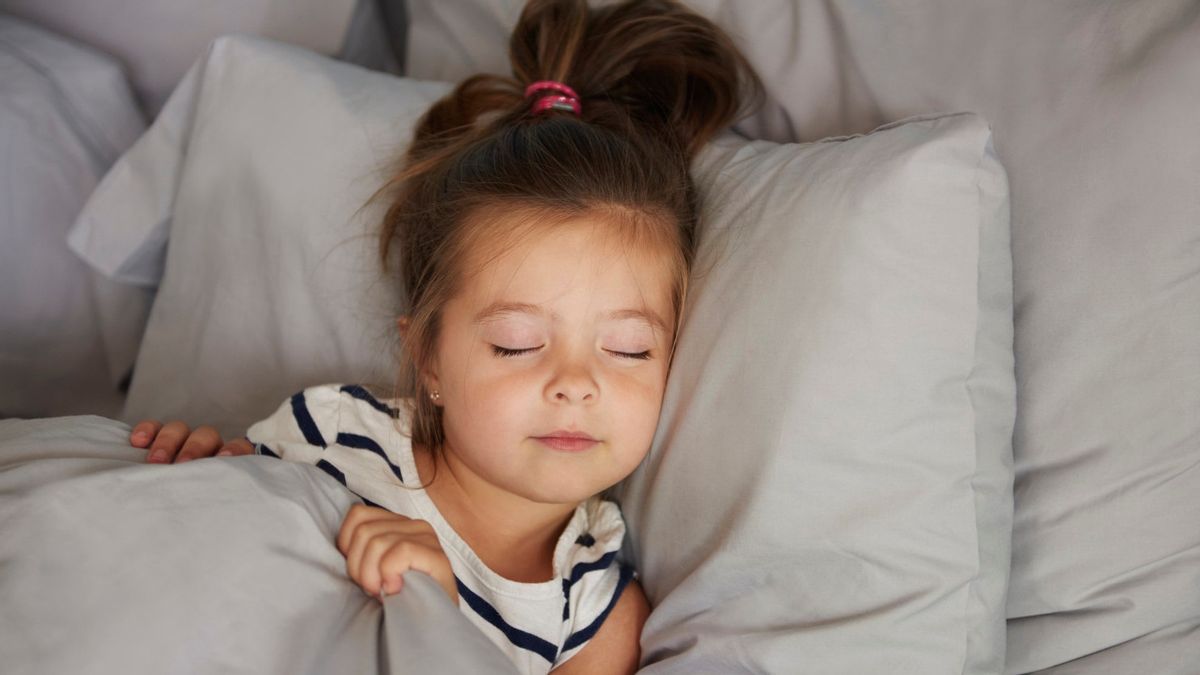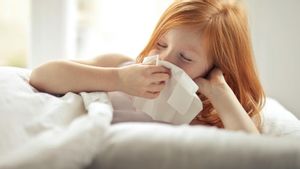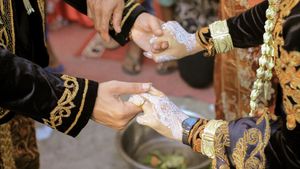YOGYAKARTA Bruxism or shaking your teeth during sleep certainly makes you anxious if your baby experiences it. According to expert reviews, this is an accidental response to stress and anxiety. Infinite age, anyone can experience it, including children.
Grinding teeth, or bruxism, is not considered dangerous but if it continues to cause jaw pain and tooth damage. Launching the Sleep Foundation Organization page, Thursday, March 2, there are two different types of bruxism. Namely sleeping bruxism and building bruxism. If the bruxism wakes up, it usually closes the teeth and doesn't make the sound of shaking.
According to research, it is estimated that 6 percent of the 50 children who experience bruxism, they experience it during sleep. Make no mistake, after teeth grew, some also experience it. As many as 80 percent of people who experience bruxism, both adults and children, do not realize that they are shaking their teeth while sleeping.
Bruxism in children and toddlers is most likely due to a combination of psychological factors, family history, and the environment. If it is derived in the family, it is not clear why this is due to genetics or additional factors such as the same parenting. In the study published by the National Library of Medicine, there are a number of causes of grossism in children, including the following:
Stress seems to be closely related to bruxism while sleeping. Although further research is needed. But school-age children may experience bruxism which is their way of dealing with the stress of homework from school, homework, and getting good grades. Based on research, sleep bruxism is experienced by people with higher stress hormones.
There is some evidence in which the bruxism sleeps and anxiety is interrelated. When children experience anxiety and worry about achievements at school, it appears that they tend to experience bruxism.
The researchers noted that symptoms can develop over time. This may happen in a variety of developmental phases. Like when toddlers experience more severe breakup anxiety, it is more likely to experience bed bruxism while in elementary school.
In addition to stress and anxiety, certain conditions that trigger bruxism in children are symptoms of migraines. There is also research linking bruxism to attention deficit hyperactivity disorder (ADHD). But like endless alleys, which cause has not been clearly found.
Children with autism spectral disorders may experience bruxism, either while waking up or sleeping. Bruxism can also go hand in hand with sleep disorders, including parasomnia, snoring, and sleep-related respiratory problems. However, it is difficult to say whether this is the cause or result of rolling teeth at night.
Bruxism can also be experienced in children with uneven dental structures. Those who use orthodentical equipment, such as braces, also have the potential to experience bruxism. However, according to the American Academy of Sleep Medicine there is no evidence that dental problems are the cause of bruxism. In people with bruxism, it usually has difficulty breathing through the mouth.
In addition to the five causes of grossism in children as described above, there are other causes. Namely because smokers are passive, or are often exposed to cigarette smoke from their environment. Research shows that even moderate exposure to cigarette smoke increases the risk of bruxism in children.
The English, Chinese, Japanese, Arabic, and French versions are automatically generated by the AI. So there may still be inaccuracies in translating, please always see Indonesian as our main language. (system supported by DigitalSiber.id)













